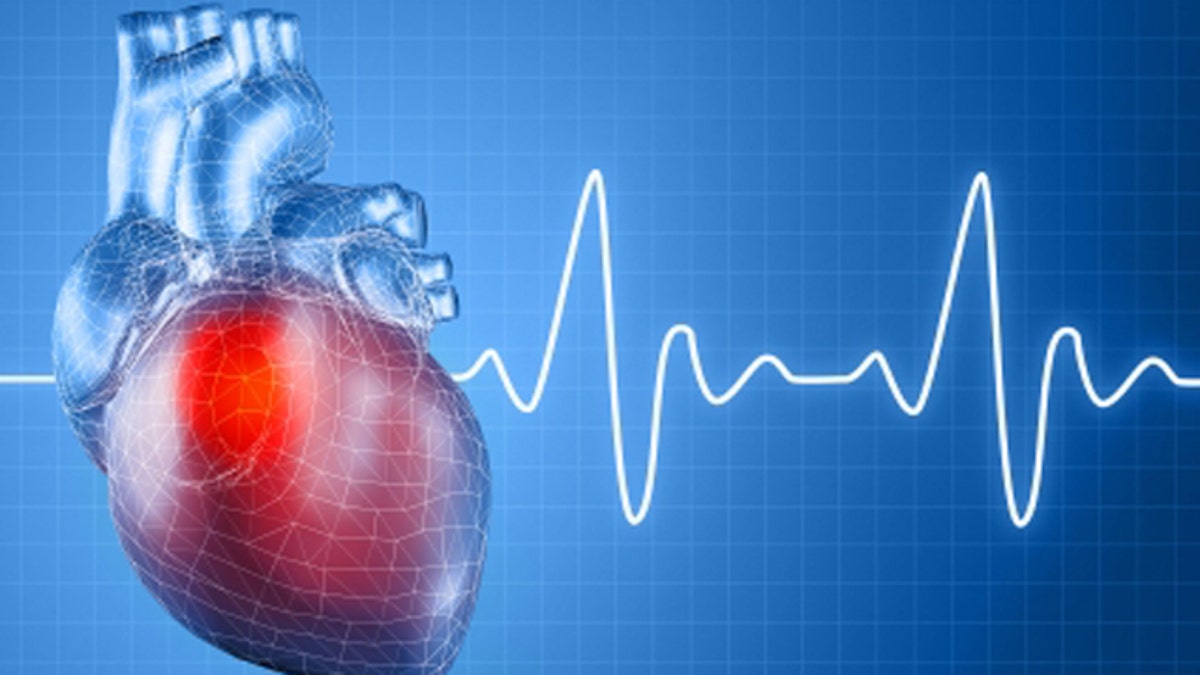
(iStock)
As if it were yesterday, I recall the death of 18-year-old Ben Breedlove, who suffered from hypertrophic cardiomyopathy (HCM), an ailment in which I specialize as a pediatric cardiologist.
I have seen it rob too many young people unnecessarily of a long and fulfilling life.
Here are 10 steps to protect your children, family members and anyone you love against the ravages of hypertrophic cardiomyopathy:
1. Remember that statistically if one member of your family has been diagnosed with HCM, then one-half of your family members are at risk for developing this disease. Evaluation of first-degree relatives on a regular, repetitive basis can go a long way towards correct diagnosis and effective treatment. It is imperative to extend this medical information to as many relatives as possible. Try to make the effort to contact others, even if you are estranged from them. Remember to breed love.
2. Always remember that hypertrophic cardiomyopathy is a sneaky disease: It is many times missed or misdiagnosed. Common diseases that are confused with HCM are asthma, mitral valve prolapse, anxiety, coronary artery disease and an athletic heart.
3. Be aware of symptoms that require prompt medical attention:
• Chest pain with exercise or simple activities such as walking.
• Passing out is a very important symptom that requires prompt medical attention.
• Shortness of breath, lightheadedness, and extreme tiredness are other symptoms of HCM.
4. Avoid circumstances that increase your risk:
• Avoid hot weather and dehydration.
• Be aware of the need for vigorous fluid resuscitation during infections or gastroenteritis or exercise.
• Avoid burst of activity.
• Avoid isometric activity.
5. With hypertrophic cardiomyopathy in humans, the lining of the blood vessels in the heart tends to be affected. Unfortunately, this is not just limited to the heart, but also involves the blood vessels networked to other organs throughout the body:
• Foods that improve the lining of your blood vessel include nuts, seeds, dark chocolate, fruits and vegetables.
• Prolonged periods of walking help revitalize the lining of your blood vessels.
• Foods that decrease the function of the lining of blood vessels include sugary drinks (soda), high salt, high fat, high sugar, high fructose corn syrup, and even high protein. Life is about balance and a balanced diet.
6. Beware of diseases or circumstances that can worsen hypertrophic cardiomyopathy, or cause it to progress faster:
• Sleep apnea, diabetes, obesity, hypertension, rapid weight gain and hypercholesterolemia.
• Steroids, including drugs like prednisone, anabolic steroids, and testosterone can aggravate the condition. The use of growth hormones or supplements that increase growth hormone or testosterone levels may also accelerate HCM.
7. Avoid drugs that can increase your risk of having a bad event:
• Avoid stimulants and decongestants.
• Avoid alcohol consumption as its diuretic effect can lead to decreased blood volume.
• If you are on a blood-thinner (e.g., Coumadin), remember to have your blood checked monthly.
• For any abrupt new onset of neurologic symptoms, such as muscle weakness, severe headache, or change in vision, seek prompt, urgent medical attention.
8. Once diagnosed with HCM, you are restricted from competitive sports and extremes of exercise, such as avoiding heavy lifting.
9. If you are on a beta blocker for HCM, it is imperative that it is taken daily. Missing a dose results in a rebound effect that can make your heart rate increase and put you at an increased risk.
10. Enjoy life, keep active and eat healthy. Most people with HCM have a normal life expectancy.
